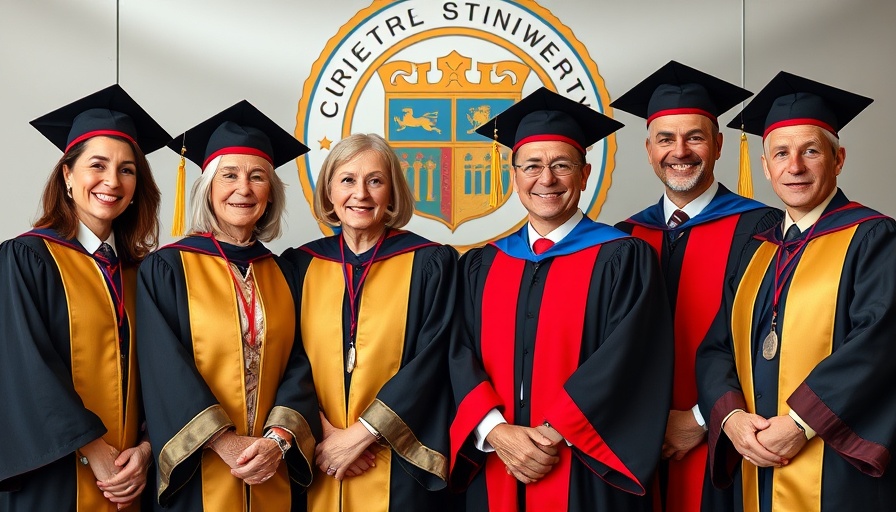
Redefining Success: A New Era for Business Schools in South Africa
Imagine a world where business schools measure success not by the wealth of their graduates, but by the impact they have on their communities. This is the vision championed by Phindile Mpithi from the Regent Business School, calling upon major changes in how these institutions operate in South Africa. By shifting the focus from privilege to people, it opens doors for transformation, inclusiveness, and the potential to reshape the nation’s economy.
Breaking the Cycle of Privilege in Business Education
In South Africa, business education has often favored those with connections and resources. Mpithi argues that this model is outdated in a society challenged by high unemployment and stark inequality. The traditional metrics of academic excellence—like graduate salaries and corporate placements—disconnect from the pressing need for economic inclusivity. Instead of serving primarily the affluent, business schools should innovate to empower underrepresented communities and individuals.
Navigating Complexity: South Africa’s Development Landscape
The journey towards a more equitable educational model takes place within a complex socio-economic framework. More than three decades post-Apartheid, South Africa faces ongoing challenges that hinder growth. The lingering impacts of the global financial crisis, public sector inefficiencies, and the repercussions of the COVID-19 pandemic have revealed the fragility of conventional education models. Business schools are positioned uniquely to pivot and become drivers of inclusive innovation rather than mere preparers for corporate careers.
From Prestige to Impact: The New Definition of Excellence
The existing definition of success is being challenged. It’s time for business models in education to reflect societal contributions rather than just academic excellence. Schools must prioritize creating a curriculum that inspires change-makers—individuals capable of tackling pressing issues like unemployment and economic disparity. By placing community impact above prestige, they can cultivate a new generation who are leaders not only in business but also in societal reform.
Why STEM Education Matters in Shaping New Entrepreneurs
Incorporating a STEM (Science, Technology, Engineering, Mathematics) approach is crucial. Not just in sciences but broadening to include entrepreneurship, equitable growth, and systemic transformation. STEM education equips students with analytical and critical skills necessary for developing innovative solutions to societal problems. As we progress into the Fourth Industrial Revolution, the demand for these skills will only escalate, making it imperative for business schools to adapt.
Integrating Real-World Learning Experiences
One evolving aspect of business education is the enhancement of practical learning opportunities. Through community projects, internships, and cooperative learning strategies, students gain first-hand experience and insight into societal needs and challenges. Facilitating exposure to real-world applications of academic concepts serves to bridge the gap between education and community impact, nurturing a generation of socially responsible leaders.
Actionable Insights for Business Schools
Business schools in South Africa must engage in continuous self-reflection and evaluation. This means rethinking educational practices, fostering ties with communities, and co-developing programs that address local needs. By integrating indigenous knowledge and diverse pedagogical approaches, schools can ensure that education is relevant and transformative for all.
Conclusion: The Path Forward
As the landscape of business education in South Africa is redefined, it’s essential for all stakeholders—educators, policymakers, and the community—to collaborate towards creating an equitable future. By embracing a model that prioritizes societal welfare over prestige, we can forge a path toward a more inclusive economy that benefits everyone. The future of education should be one where each graduate contributes positively to their community—ensuring that no one is left behind.
 Add Row
Add Row  Add
Add 




Write A Comment